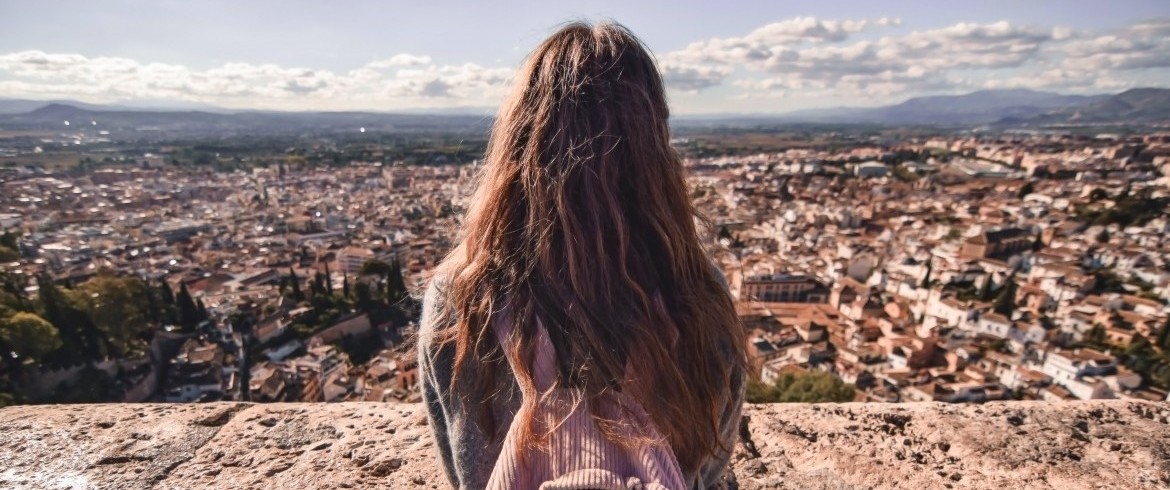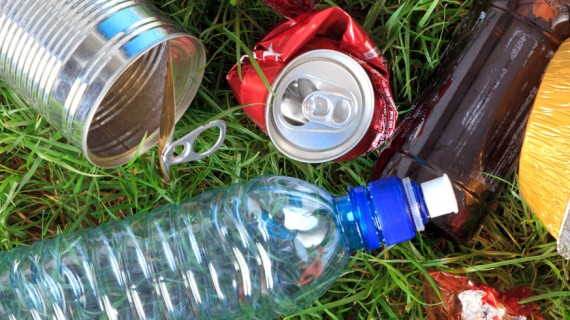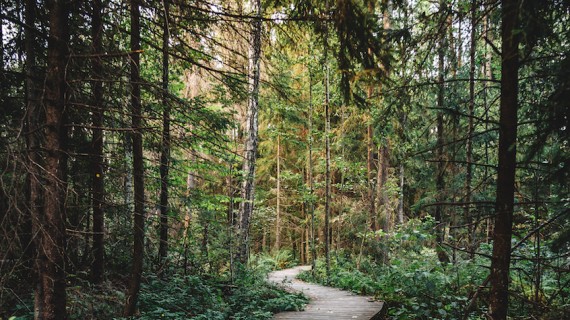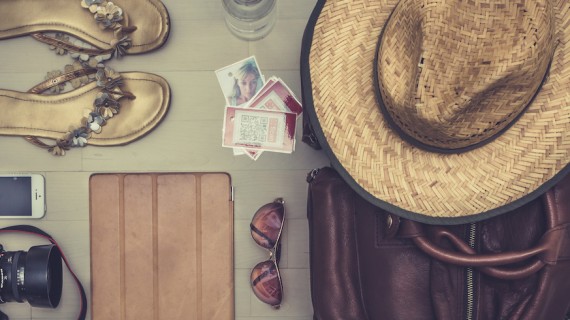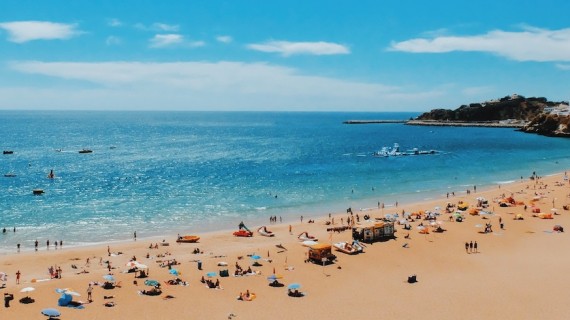What does sustainable travelling mean to you? Sustainable travelling means different things to different people. To some, it means staying in luxury resorts and buying anything that looks attractive to the eye. To others, it means volunteering and travelling to villages where there is no internet connection or the electrical supply is scarce. Sustainable travelling means so much than the two definitions. It is neither an activity for the wealthy nor a gap for students to kill time. Anyone can travel responsibly so long as he or she has the ability to travel. Before discussing how to make your student trips, tours or vacations more eco conscious or sustainable, it is important for us to discuss why sustainable travelling is important today.
Sustainable travelling is important
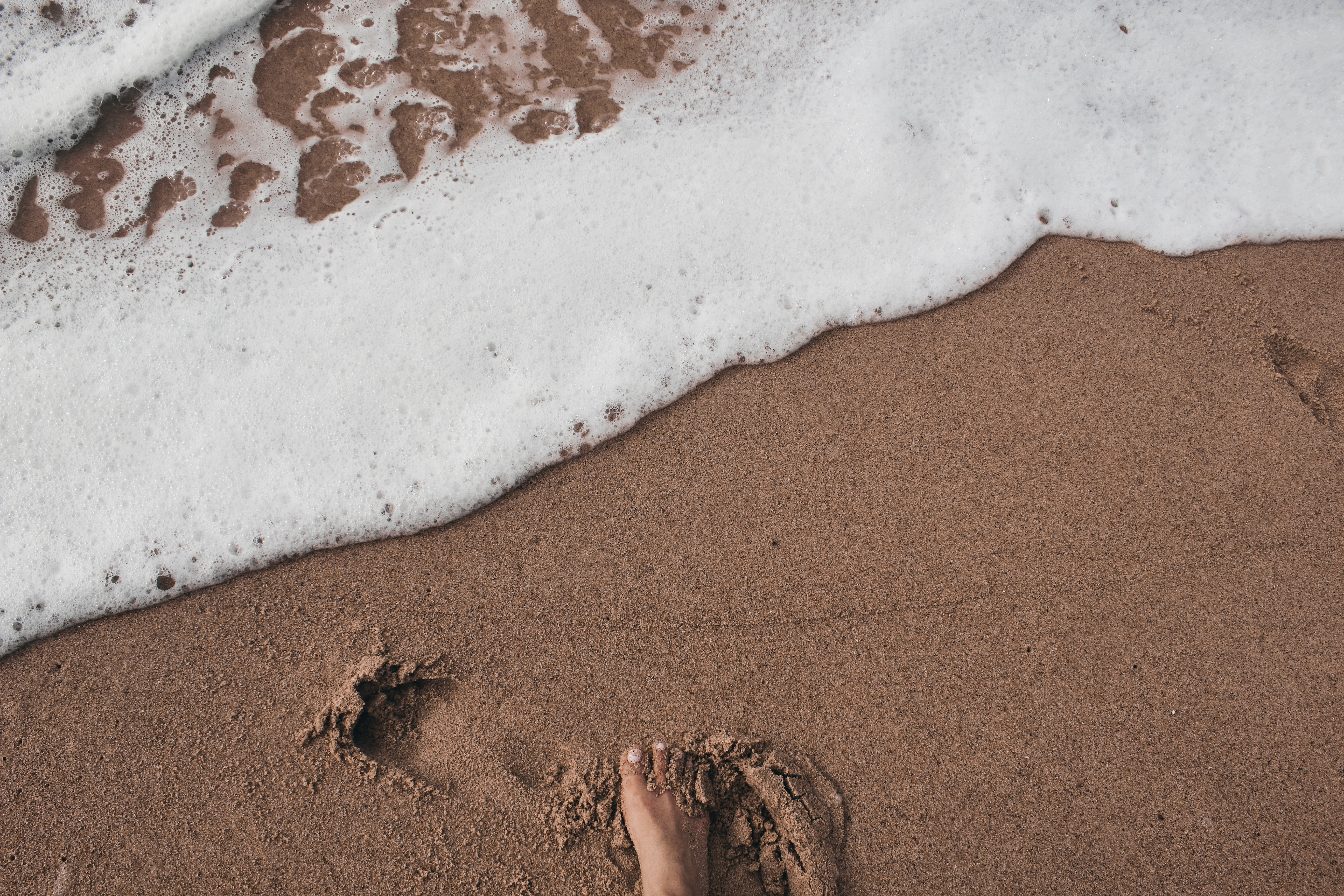
Today, travel is accessible to the masses like never before. Majority of people across the world are taking international trips on an annual basis. These trips come with tremendous opportunities and possibilities. Travelling enhances economic growth and creates jobs. It enhances cultural exchange and preserves history. Just like Brill Assignment, it increases awareness to issues facing the people across the world and makes people understand other people and themselves better.
Travelling can also be a disaster. It can result to pollution and violation of human rights. It can degrade cultures and put communities in a dependency cycle. As a traveler, you have a big responsibility. You have a choice of either becoming an opportunity or disaster.
If you are reading this article, you probably want your travel to do good to yourself and the world. How can you achieve this goal? This article will give you practical ways on how to make your student trip and travelling in general sustainable and eco conscious.
Planning a Sustainable Trip
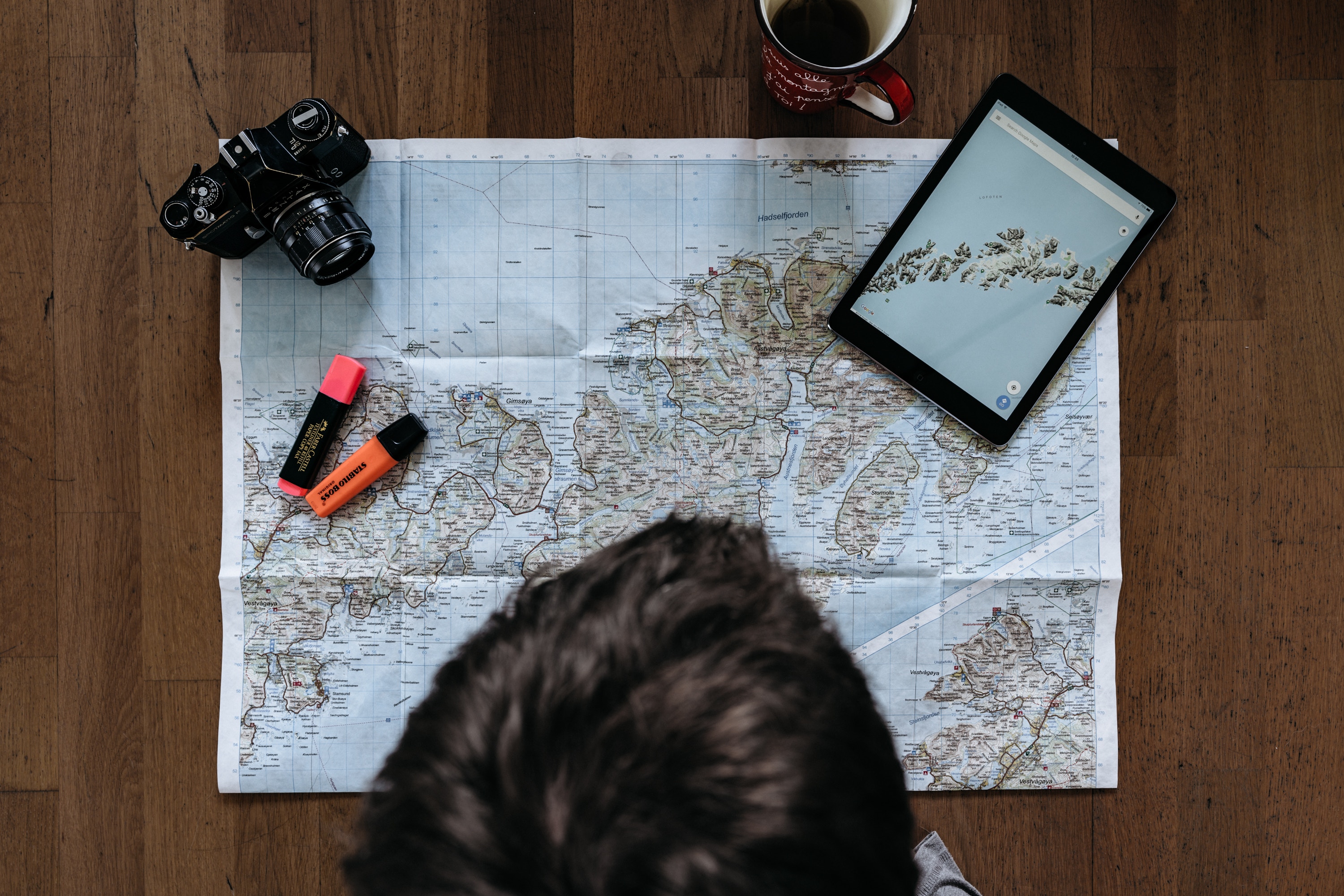
Sustainable travelling is not waking up in the morning and going for a trip without considerable thought. You need time to do your research and plan. As the popular saying goes, failing to plan is planning to fail. Before your student trip, there are certain things you can do to prepare yourself adequately.
1. Packing
You will definitely find it easier to make great decisions when you take your time to prepare. When it comes to packing, know the essential items you’ll need in advance. It will save you a lot of time and money in the long run.
Before packing, create a list of the things you’ll need during your trip. Pack everything one by one in an organized way. Just pack what you’ll need to make your travelling easier. Pack reusables. Avoid plastic bags and other forms of plastic waste such as water bottles and straws.
2. Think about your destination
How long will you stay? A couple of days? Weeks? Either way, you want your trip to be worthwhile and fun. If you’ll be staying in a hotel, choose one that is strategically located and is environmental conscious.
If you’ll be camping, you want to stay in a nice and clean environment with no disturbance. The management should be environmentally conscious.
Do your research. Get to know more about your destination before travelling.
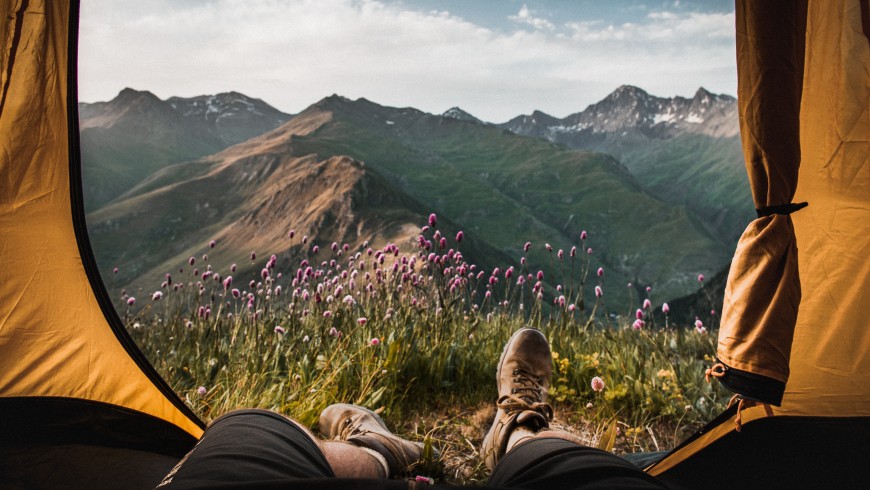
3. Behave well
A sustainable traveler is one who create and enhances good relations between himself or herself and the locals. If you visit another country or village and offend its residents, your image will be tainted. Majority of people travel with good intentions at heart. But even with good intentions, you might end up offending the locals if you do not know or understand the culture or rules of the country or region you are visiting. Do your research well like a writer and discover what is considered appropriate in the place you want to visit.
You may discover that exposing your hair or shoulder is unacceptable and therefore pack your clothes accordingly. Doing your research is of utmost importance. If you don’t, you might end up doing something disrespectful without knowing.
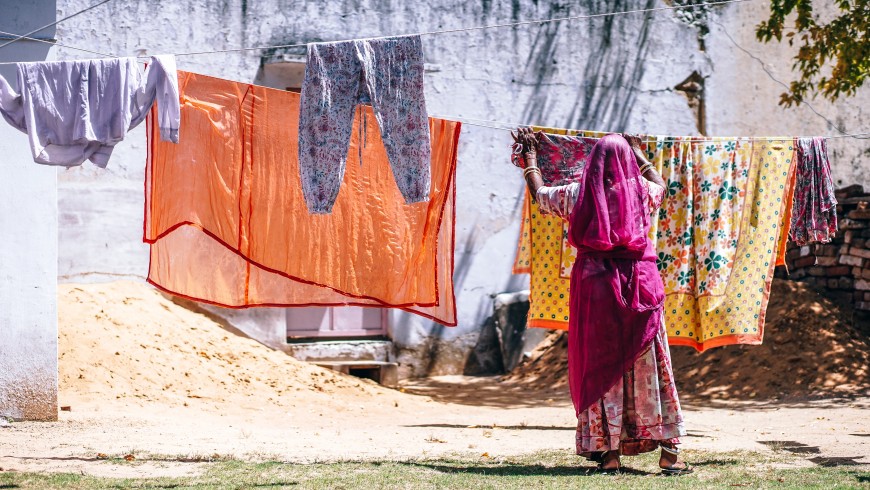
4. Know your goals
As we said earlier on, sustainable travelling means different things to different people. Sustainable travelling in China is quite different to that in Italy. Each country has a different set of values, needs and resources. Therefore, it is important for you to know the current issues of the country or region you plan to visit and ask yourself how you can contribute in solving those issues.
Will you recycle as much as you can? Will you take public transport? How will you support small businesses? How will you learn the culture and connect with the locals to build strong relationships? Understanding your goals before writing the Best Dissertation or travelling will make your trip enjoyable and enhance sustainable travelling.
5. Think of animal encounters
If you’ll be spending your time hiking and visiting parks, get to know which animals you will encounter. Read the reviews left behind by past visitors so that you can determine if it’s a safe place or not.
Plan in advance to maintain good practices when encountering the animals. Many travelers have been hurt or wasted their resources simply because they did not take time to do their research. Again, spending your resources unnecessarily is not sustainable travelling.
During your student trip
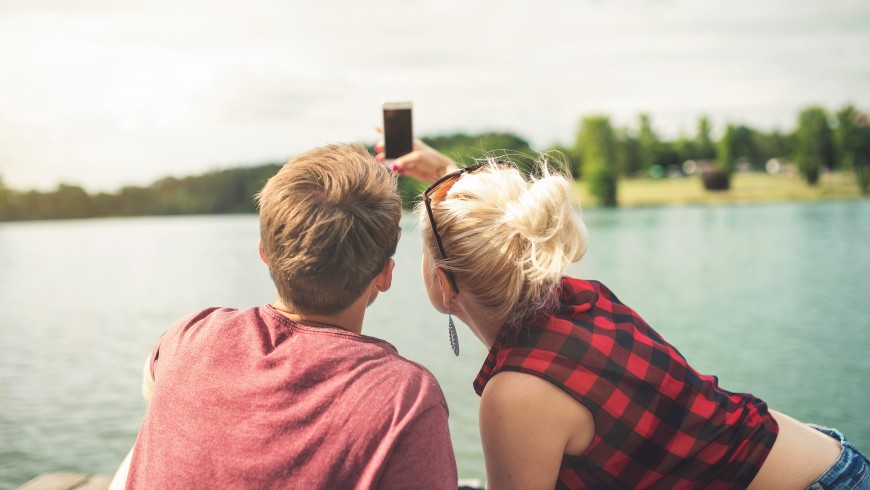
6. Flexibility is key
While planning everything ahead of time is great, you need to be flexible. Do not be as rigid as your plan. Try allocating some time to be present in the moment. Talk to the locals and have fun. Walk into small traditional restaurants and have a local delicacy. Plan on how to achieve your goals but do not forget to have fun.
7. Choose local restaurants
Part of sustainable travelling involves giving back to society by supporting local communities and their culture. The best way you can do this is by choosing to eat and sleep in local restaurants and hotels if possible. Your money will support the community. Instead of choosing high end international hotel chains, support the locals.
8. Method of transport
During your trip, which method of transport will you use most of the time? Many locals around the world use public transport. You can take buses, metros and trains because you will get an opportunity to interact with other people on your way. You can also walk or bike as much as possible. You will save the environment, your money and above all, your health.
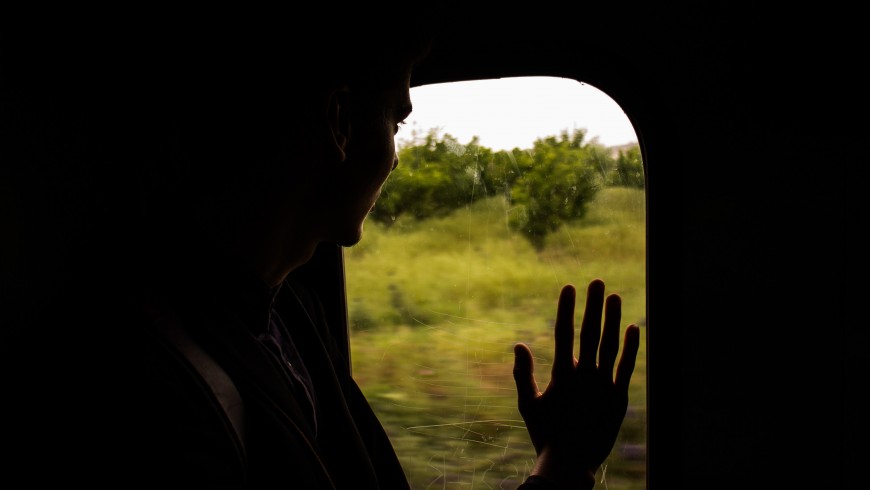
9. Avoid food wastage
Do not allow your eyes to speak for your stomach. Sometimes, we just eat to make ourselves feel better; not because we are hungry. Do not eat if you’re not hungry.
When you feel hungry, eat what you can finish. Take small portions regularly. By eating only when you have earned hunger and in small portions, you will save a lot of time, money and your waistline.
After your student trip
10. Share your experience
What did you enjoy most about your trip? What did you learn? What improvements can be done? Share your experience with your friends and loved ones. Leave behind a comment if the place you visited has a website. Share the good and what needs to be improved. A well-written comment and review can help the area or business together with other competitors to do what’s right. You will also help other people around the world who are thinking of travelling to the same destination. Don’t wait!

Conclusion
Sustainable travelling is an important subject especially for students. Sustainable travelling saves the environment, your money and improves your health. Have friends who love sustainable travelling. Conduct your research before the trip. Plan everything in advance and most importantly, enjoy yourself. Walk or bike. Talk to the locals. Build relationships. Eat traditional dishes and wear the clothes they wear. Make the most out of your trip by following the steps discussed in this article. Start today!
Cover image: Ph. by Kamila Maciejewska, via unsplash
